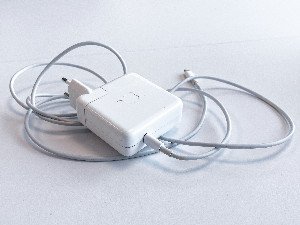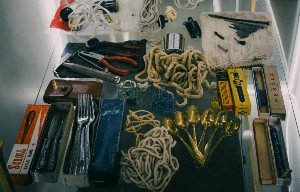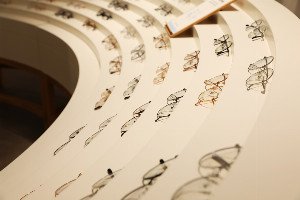Rubens Pessoa Gomes, Solange Wagner Locatelli
O ENSINO DE QUÍMICA NA INCLUSÃO DE SURDOS: POSSIBILIDADES A PARTIR DA CONCEPÇÃO DA APRENDIZAGEM CONSTRUÍDA COLETIVAMENTE
Introduction
O ensino de quÍmica na inclusÃo de surdos: possibilidades a partir da concepÇÃo da aprendizagem construÍda coletivamente. Explora o ensino de Química para alunos surdos, identificando dificuldades e possibilidades a partir da aprendizagem coletiva. Analisa o papel da Libras e intérpretes na inclusão escolar.
Abstract
A escola contemporânea dialoga com a pluralidade e a diversidade. Nesse cenário, alunos surdos são incluídos em salas regulares e precisam ter acesso aos componentes curriculares em sua primeira língua, a Libras. É perceptível que para estes alunos a aprendizagem de algumas disciplinas, como a Química, por exemplo, se apresenta como um desafio. Assim, este trabalho busca identificar quais são essas dificuldades e como transformá-las. Esse estudo emergiu de uma pesquisa que contemplou outras fases de investigação, porém, aqui, será compartilhado um breve recorte das entrevistas realizadas com professores de Química e com três estudantes surdos do 3° ano do Ensino Médio de uma escola inclusiva da rede particular de ensino da região metropolitana de São Paulo. Essa fase da investigação viabilizou ainda a identificação do papel do intérprete de Libras nesse processo e a percepção de que a inclusão é um movimento que requer empenho de todos os envolvidos.
Review
The submitted work addresses a critically important and timely topic: the inclusion of deaf students in chemistry education within the contemporary school landscape. The abstract effectively highlights the significant challenge deaf students face in accessing subjects like Chemistry in their first language, Libras, and the paper's objective to identify and transform these difficulties. The approach of gathering perspectives from both Chemistry teachers and deaf students is a clear strength, offering a valuable multi-stakeholder view of the complex dynamics of inclusive education. Furthermore, the explicit mention of "collectively constructed learning" in the title suggests a thoughtful theoretical underpinning for exploring pedagogical possibilities in this domain. While the paper's intent is highly commendable, the abstract presents several areas that would require further elaboration and clarification in the full manuscript. The methodology, described as a "brief cut" from a larger investigation, lacks sufficient detail regarding the scope and boundaries of the presented findings. Specifically, the small sample size of three deaf students, while providing in-depth qualitative data, raises questions about the generalizability of the identified difficulties and proposed transformations. More critically, the connection between the "collectively constructed learning" framework, prominently featured in the title, and the actual research design, data analysis, or the nature of the "possibilities" explored, is not evident in the abstract. The implied findings, such as the role of the interpreter and the collective effort required for inclusion, are rather broad and would benefit from more specific insights directly related to *chemistry education* challenges and solutions. Despite these observations, the profound relevance of this research, particularly in the Brazilian context of Libras-based education, makes it a potentially significant contribution to the field of inclusive science education. The paper has the potential to offer valuable practical insights for educators, interpreters, and curriculum developers. To strengthen its impact, the full paper should meticulously clarify the methodological framework, thoroughly integrate the theoretical lens of collectively constructed learning into the analysis, and present more detailed and specific findings on the identified difficulties and concrete pedagogical possibilities for chemistry instruction. Given the critical importance of its subject matter, this paper is recommended for further consideration, contingent upon robust revisions addressing the points raised.
Full Text
You need to be logged in to view the full text and Download file of this article - O ENSINO DE QUÍMICA NA INCLUSÃO DE SURDOS: POSSIBILIDADES A PARTIR DA CONCEPÇÃO DA APRENDIZAGEM CONSTRUÍDA COLETIVAMENTE from Educação em Revista .
Login to View Full Text And DownloadComments
You need to be logged in to post a comment.
Top Blogs by Rating
Goodbye Chargers: The Rise of...
By Sciaria
Phantom Power: Unmasking Your...
By Sciaria
Unveiling the Hidden Journeys:...
By Sciaria
Favorite Blog
Beyond Back Pain: Is Your Ergo...
By Sciaria
The Collective Gasp: Why Live...
By Sciaria
Your DNA's Ancient Story: Unlo...
By Sciaria





